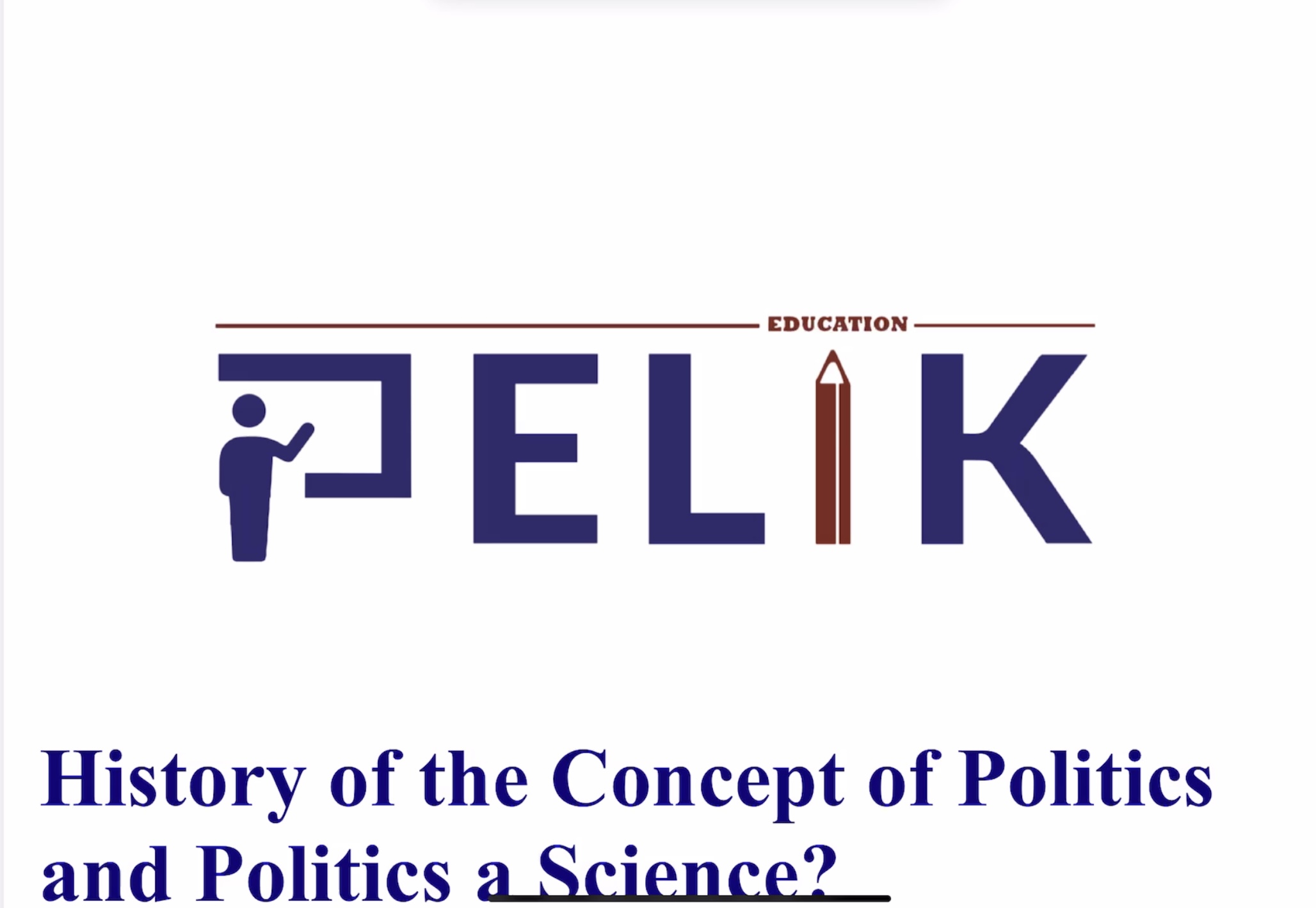INTL 101 - Introduction to Political Science - Midterm (Summer 2025)
INTLBu ders hakkında
Introduction to political science starts with the clarification of the meaning of politics and focuses on the scientific aspect. After the first description it focuses on the notions power, violence and influence . When those terms are clear it moves on to the legality and legitimacy aspects of politics before focusing on the 'state' itself. While focusing on the state it captures different government types and systems such as but not limited to democratic governments and presidential systems. Following the state, INTL 101 also shows the ideologies and the beliefs behind them. Towards the end INTL 101 covers interest groups, parties and party systems and finally it ends with elections and government formations, coalitions.
Önerilen Dersler
CHEM 104 - Chemistry for Engineering - Midterm 1 (Summer 2025)
CHEMECON 102 - Introduction to Macroeconomics - Midterm (Summer 2025)
ECONECON 201 - Intermediate Microeconomics - Midterm (S2025)
ECONACCT 201 - Financial Accounting - Midterm (S2024)
ACCTHistory of the concept of politics and political science lecture focuses on;
-the definition of politics
- politics in ancient greece
-structure of polis
-agora
-the notion of science
-measurement and testing
-timse series and cross sectional
this lecture focuses on the notions:
-definition of power and power relations
-domination
-command
-authority
-difference between power and influence
In this chapter we focus on:
-violence
-reasons behind violent behaviours
-relative deprivation hypothesis
-gap hypothesis
ın this lecture we cover:
-types of political violence
-lynching
In this we cover:
- rest of political violence types
In this lecture we cover:
-legitimacy
-legality
In this chapter we cover:
- relationship between legality and legitimacy
such as but not limited to;
-legal and legitimate
-legal and illegitimate
-illegal and legitimate
-illegal and illegitimate
In this lecture we cover:
-authority types such as but not limited to:
-traditional authority
-legal-rational authority
-charismatic authority
-ideologies of Max Weber
In this lecture we cover :
-meaning of state according to Max Weber
-types of states
-nation state, multinational states
-organization principle
- states according to power
-sovereignity
In this lecture we cover:
- notion of government
-presidental system
-parliamentary system
-democratic and non-democratic government
-fully and partially democratic government
-single party system, military dictatorship, personal dictatorship, totalitarian government
In this lecture we cover:
-legislative, executive and judiciary branches
-weak and strong seperation of powers
-legislation
-executive power
-judiciary
In this video we cover ;
-parliamentary and presidental systems
-checks and balances
-semi presidental system
In this lecture we cover;
- definition of ideology
-liberalism
In this lecture we cover:
-conservatism
In this lecture we cover:
-Socialism
In this lecture we cover:
-nationalism
In this lecture we cover:
-importance of group forming
-positive and negative aspects of groups
-Interest groups
-types of interest groups and their activities
-political parties
-party systems
In this lecture we cover:
-direct democracy
-representation
- few technical terms
-types of elections
-methods of election
-3 types of majorities
In this lecture we cover:
-direct elections
In this lecture we cover:
-D'hondt system
In this lecture we cover:
-government formation
-majority and minority government
-coalitions
Politics as science
Research methods
Power relations
Legality vs Legatimacy
Authority types
Dictatorship
Coalitions
Formation of groups
Advantages and disadvantages
Political parties vs interest groups
İdeologies
Parliamentary vs presidental system
Failed vs collapsed state
Sovereignity
Legality- legitimacy relations

Eğitmen Duyuruları

Duyuru Yok
Bu içerikte eğitmen bilgilendirmesi yoktur.










